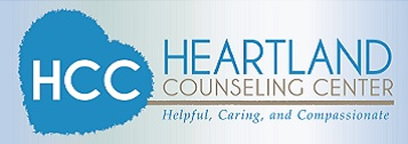3 Risk Factors that lead to Cheating and Infidelity

Some studies have reported as high as 30-40% of people cheat on their partner. With the obvious negative impact that cheating and infidelity have on relationships, why is this number so high? Let’s take a deeper look at some of the primary reasons people cheat.
#1 Individual factors
Historically, men are thought to be more likely to cheat than women. Higher testosterone levels in men are generally associated with a higher sex drive. Alternatively, people with more strict religious values are typically less likely to cheat on a partner.
#2 Relationship factors
When you start dating, it’s always easier to overlook certain “flaws” or shortcomings in your partner. But as time passes and the newness of the relationship fades, those once overlooked qualities or traits become more obvious and problematic. Personality differences that seemed minor in the early stages of the relationship now seem magnified. The more different partners are in terms of education, personality, etc. the more likely the chances of cheating. Choosing a well-matched partner helps to reduce the likelihood of cheating due to relationship factors. Cheating and infidelity often follow extended periods of relational conflict and/or an unfulfilling sexual relationship with a current partner.
#3 Situational factors
This refers to situational risk factors that can increase the likelihood of cheating and infidelity. For example, there could be a higher likelihood of a man cheating if he works in an office full of attractive women versus in an almost all male work environment. Or maybe a woman who resists cheating is pursued for an extended period of time by a man at the office and, following a rough spot in her current relationship, gives in and decides to cheat. This category includes those that would not cheat in most circumstances but decide to do so due to certain situational factors.
What to do if infidelity and cheating occur?
Trust is almost always severely damaged following infidelity. Sometimes the partner who was cheated on retaliates by cheating him or herself. This only damages the relationship further and makes the repair process even more challenging.
At Heartland Counseling Center, Couples often seek Marriage Counseling or Couples Counseling following a breach in trust in their relationship. A trained Marriage Counselor can help willing partners repair relationships shattered by infidelity and cheating. If you live in the Southeast Missouri or Southern Illinois areas, contact us now to get started.




